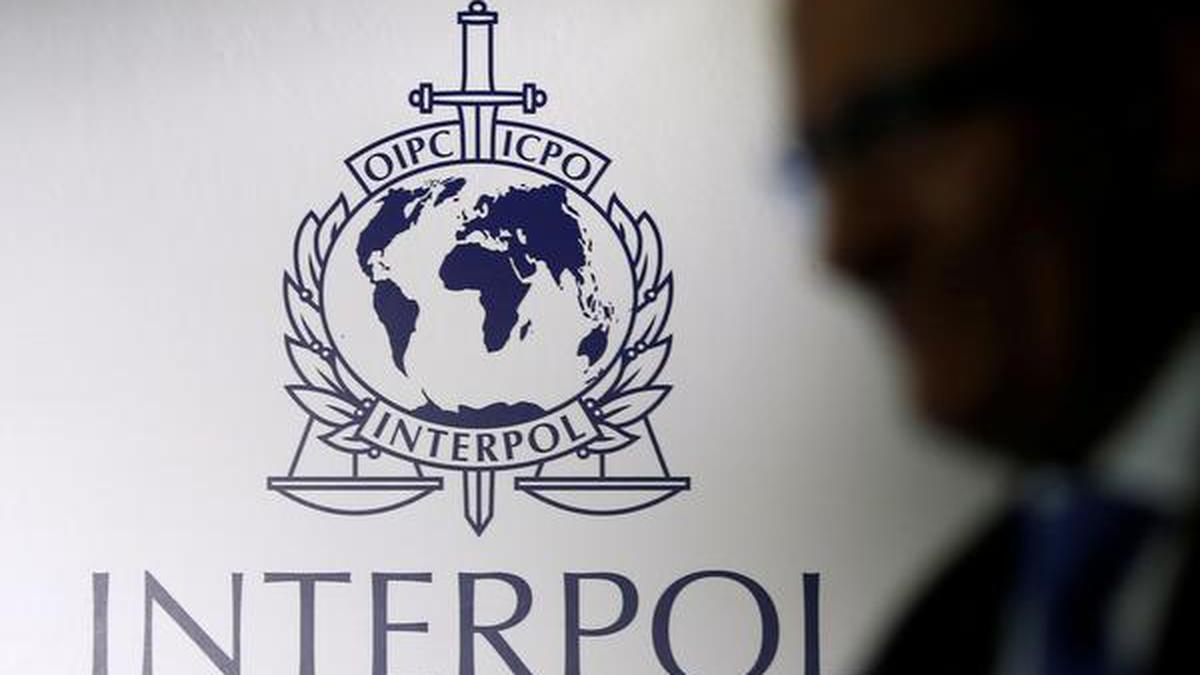Free Courses Sale ends Soon, Get It Now


Free Courses Sale ends Soon, Get It Now



Copyright infringement not intended
Picture Courtesy: Reuters
Context: Interpol plays a crucial role in combating transnational crimes through its information-sharing network, but ongoing concerns persist regarding the potential misuse of its notice system, particularly blue corner notices, leading to questions about striking the right balance between facilitating police cooperation and preventing abuse, especially in targeting political refugees and dissidents.
About Interpol
Functions
|
India joined Interpol in 1949. The Central Bureau of Investigation (CBI) serves as the National Central Bureau (NCB) for Interpol in India. |
Criticisms and Concerns
Overall Impact
Addressing Challenges
Conclusion
|
PRACTICE QUESTION Q. Which of the following is NOT a function of Interpol? A) Issuing notices about missing persons B) Providing training and technical support to national police forces C) Directly arresting individuals within member states D) Facilitating information sharing between police forces globally Answer: C Explanation: While Interpol facilitates information sharing and collaboration, it cannot directly enforce laws or arrest individuals within member states. This authority remains with individual countries. (The answer is (c).) |
© 2024 iasgyan. All right reserved